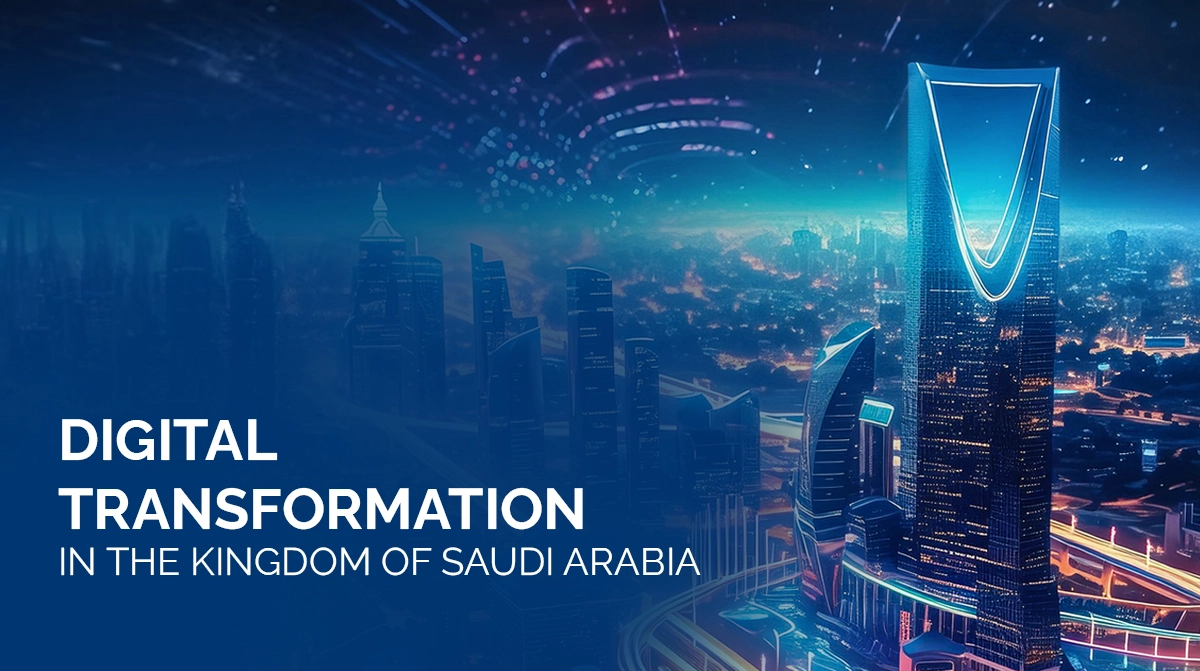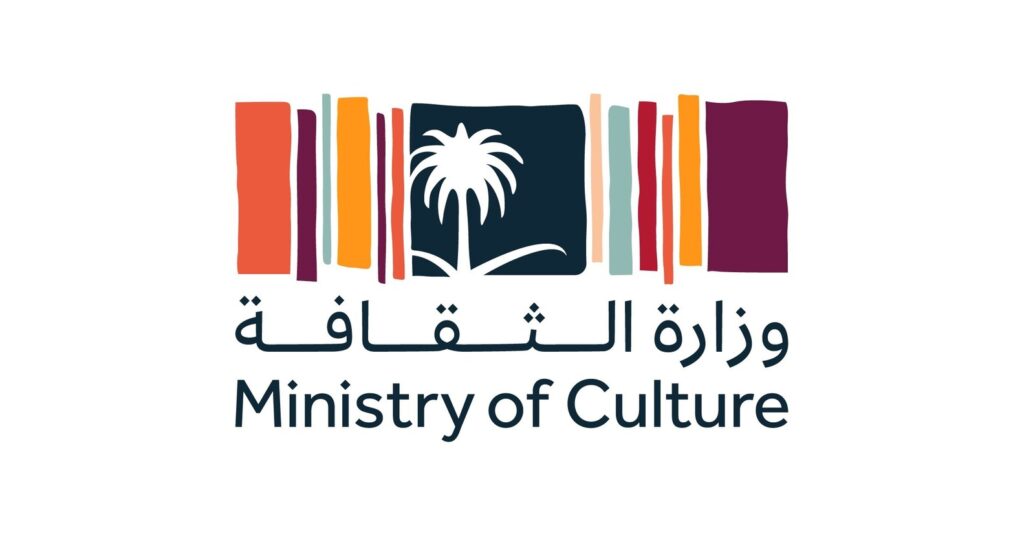The Ministry of Culture: Preserving Saudi Arabia’s Heritage While Fostering Cultural Innovation
The Kingdom of Saudi Arabia’s Ministry of Culture stands at the forefront of the nation’s cultural renaissance, serving as the primary governmental body responsible for developing and implementing policies that nurture the Saudi cultural landscape. As the Kingdom continues its ambitious Vision 2030 journey, the Ministry plays a pivotal role in preserving Saudi Arabia’s rich heritage while simultaneously fostering innovation across various cultural domains.
A Guardian of Saudi Identity and Cultural Heritage
Established as a dedicated entity to safeguard the Kingdom’s cultural identity, the Ministry of Culture serves as the custodian of Saudi Arabia’s diverse cultural expressions. From the ancient archaeological treasures of Al-Ula to the vibrant contemporary art scenes emerging in Riyadh and Jeddah, the Ministry works tirelessly to ensure that Saudi culture not only survives but thrives in the modern era.
The Ministry’s mandate extends across numerous cultural fields, including:
- Visual arts and museums
- Performing arts and theater
- Music and musical heritage
- Literature and publishing
- Architecture and design
- Culinary arts
- Film and entertainment
- Fashion and traditional crafts
Through strategic initiatives and regulatory frameworks, the Ministry of Culture ensures that these diverse cultural sectors receive the support and guidance needed to flourish both domestically and on the global stage.
Empowering Local Cultural Production
One of the Ministry’s primary objectives is to empower Saudi creators and cultural practitioners. By providing platforms, funding, and professional development opportunities, the Ministry enables Saudi artists, writers, musicians, and other cultural producers to develop their crafts and share their work with wider audiences.
The Cultural Scholarship Program, for instance, represents a significant investment in developing the next generation of Saudi cultural leaders through international education and training. This initiative reflects the Ministry’s commitment to building sustainable cultural industries that can contribute meaningfully to the Kingdom’s economic diversification goals.
International Cultural Diplomacy
Beyond its domestic focus, the Ministry of Culture serves as Saudi Arabia’s cultural ambassador to the world. Through international exhibitions, cultural exchanges, and participation in global cultural events, the Ministry showcases the richness and diversity of Saudi cultural expressions to international audiences.
These efforts have significantly enhanced the Kingdom’s cultural diplomacy, fostering greater cross-cultural understanding and positioning Saudi Arabia as an emerging global cultural hub. The Kingdom’s increased presence at prestigious international events like the Venice Biennale and partnerships with renowned cultural institutions worldwide exemplify the Ministry’s success in elevating Saudi culture on the global stage.
Regulatory Excellence and Cultural Infrastructure
As a government ministry, the Ministry of Culture develops and implements regulatory frameworks that govern various cultural sectors. These regulations ensure that cultural production adheres to quality standards while respecting the Kingdom’s values and traditions.
Simultaneously, the Ministry oversees the development of cultural infrastructure throughout Saudi Arabia. From world-class museums and theaters to community cultural centers, these facilities provide the physical spaces needed for cultural expression and engagement.
Innovation and Digital Transformation
Recognizing the importance of technology in modern cultural production and consumption, the Ministry of Culture embraces digital transformation across its operations and initiatives. Digital platforms facilitate greater access to cultural content, while innovative technologies enable new forms of cultural expression and preservation.
The Saudi Culture Portal serves as a comprehensive digital gateway to the Kingdom’s cultural landscape, providing information about cultural events, initiatives, and resources to both local and international audiences.
Vision 2030 and Cultural Growth
The Ministry of Culture’s work aligns seamlessly with Saudi Arabia’s Vision 2030, which recognizes culture as both a quality-of-life enhancer and an economic driver. By nurturing cultural industries and encouraging cultural tourism, the Ministry contributes significantly to the Kingdom’s economic diversification efforts while enriching the lives of Saudi citizens and residents.
Through strategic partnerships with organizations like the UNESCO and collaborations with other governmental entities such as the Ministry of Tourism, the Ministry of Culture ensures that Saudi cultural development proceeds in harmony with global best practices and complementary national initiatives.
Here’s the complete guide of Saudi Vision 2030 as well
Conclusion
As Saudi Arabia continues its remarkable transformation, the Ministry of Culture remains instrumental in preserving the Kingdom’s cultural heritage while fostering innovation across cultural sectors. By balancing tradition and modernity, local identity and global engagement, the Ministry ensures that Saudi culture remains vibrant, authentic, and forward-looking.
Through its comprehensive approach to cultural development, regulation, and promotion, the Ministry of Culture exemplifies governmental excellence in cultural stewardship, positioning Saudi Arabia as both a guardian of precious heritage and an emerging global cultural powerhouse.
Referrals Links
Saudi Arabia Grand Prix 2025: The Ultimate Guide to Formula 1’s Jeddah Spectacle
Saudi Aramco Oil Discover 2025
World’s largest barbershop opens at Clock Towers Center in Makkah to serve pilgrims
Trip to Riyadh: Saudi Arabia’s Capital, Is it a place worth Visiting or another Failed hype?





Pingback: AlUla To Host First Instagram Creators Summit
Pingback: Saudi Arabia Economy Growth By 3% In 2025 Expected
Pingback: A Complete Guide For Hajj 2025
Pingback: Saudi Arabia Sign Deals $300 Billion With US